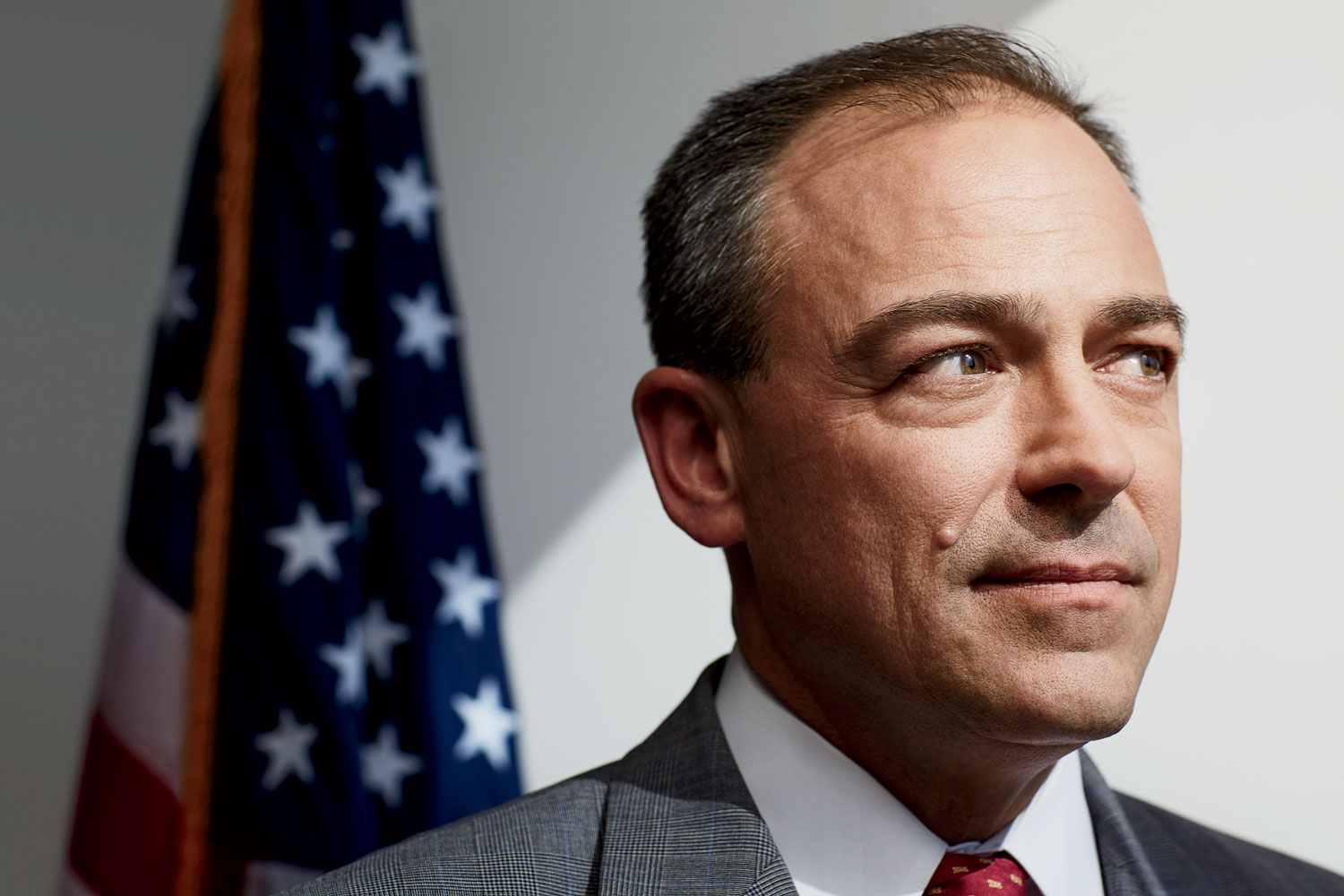Five hours after the second plane hit the World Trade Center on 9/11, Will Beiersdorf’s phone rang. It was the U.S. Navy Reserve, ordering him to report for active duty the next morning. “We didn’t know how long I would be gone,” says Beiersdorf, whose three sons were all under 6 at the time. “The new ID card said ‘Until Further Notice.’ ”
Beiersdorf, now 51, served 11 months with a security unit at Guantanamo Bay. His employer back then, a technology company based in California, cut off health care to his family during the deployment. But his neighbors in Arlington Heights stepped up to help, mowing the grass, babysitting the kids, and dropping gift cards for groceries in the Beiersdorfs’ mailbox.
Advertisement
Inspired by their compassion, Beiersdorf has since dedicated himself to helping veterans transition to civilian life. In 2003, with his wife, Mary Beth, he founded Salute Inc. The nonprofit has provided financial assistance, housing specially adapted to accommodate the disabled, and access to therapeutic sports camps to more than 2,000 post-9/11 veterans.
In 2014, Beiersdorf launched the Road Home Program. The brainchild of Mark Pollack, head of the psychiatry department at Rush University Medical Center, it treats what Beiersdorf calls the “invisible wounds of war”: posttraumatic stress disorder, traumatic brain injury, and other types of military-related trauma. “If someone has lost a leg or an arm, you can see that,” he says. “But when you’re dealing with someone who’s got a traumatic brain injury, you don’t know what they’re going through.”
Beiersdorf expected the program to treat 50 to 100 veterans and family members its first year; instead, it treated 200. This year, it’s nearing 300 by providing the type of timely care that the V.A. can’t always deliver. In the spring, the Road Home’s 3,000-square-foot offices will more than double in size to make room for its expanding outpatient programs. “I have people say to me, ‘Are you still involved with that veterans stuff? I thought we took care of that,’ ” Beiersdorf says. “And I’m like, ‘Oh, I wish.’ Veterans are always going to have needs.”




